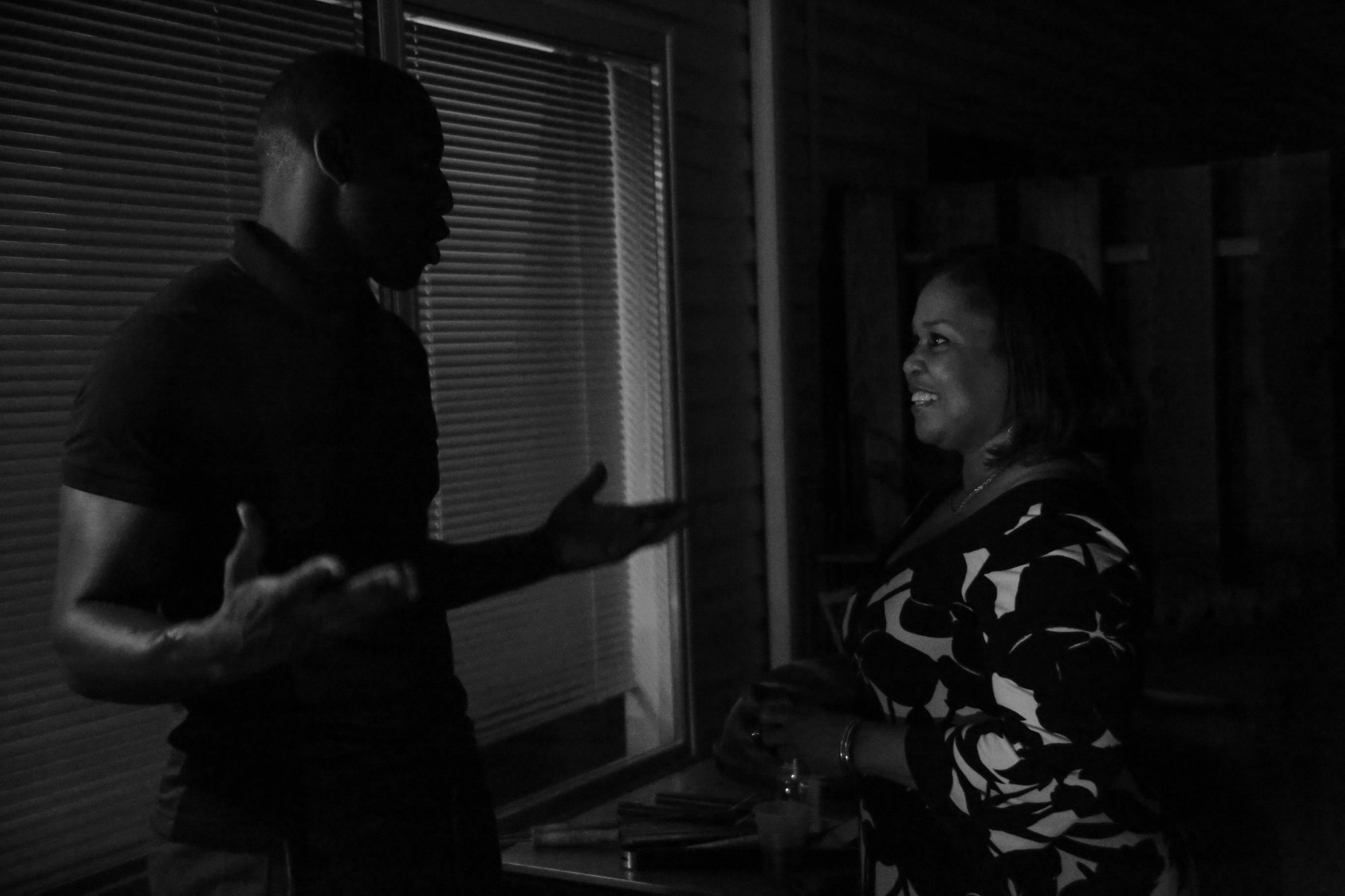This is the final article in a patriarchy series—from the mouth of a Black man to the ears of Black men—written by the multi-talented Daniel Johnson. Subscribe via email.
A common question from Black men when the topic of patriarchy is broached is the question of “What will we replace it with?” I read this as a question of fear. The idea that women should be treated as societal equals is not something which should bring questioning. What does it mean for the freedom of Black people if Black men are fearful of the freedom of Black women? What does a future free from patriarchy look like? I think we need to understand that our futures are bound up in each other’s truest expressions of freedom and we cannot truly be about this business of revolution if we are fearful of free Black women.
So, we smash the patriarchy, what comes next?
- Black women breaking the chains of patriarchy as enforced by religious interpretations of gender roles informed by society
- Black women being free to be sexual, spiritual, and social beings unencumbered by the stigmas forced upon them by patriarchy
- Black women being paid their rightful wages by the companies that employ them, Black women representing the communities they come from in political offices
- national policy agendas ensuring that the concerns of Black women are not erased from the conversations that will undoubtedly impact them
- Black women being free to exist, in every sense of the word
I maintain that anyone who has a problem with the effects of destroying the hold which patriarchy has on the freedom of Black women ultimately has a problem with Black women themselves. While the question regarding what we will or should replace patriarchy with on its face seems harmless enough, it is in fact cloaking a unique kind of violence towards Black women.
Under the system of patriarchy, Black women suffer the most, much like under the system of white supremacy Black people suffer the most, yet no one asks the question of what system we would replace white supremacy with. We generally understand that white supremacy is an oppressive force which demeans Black people and we understand that White people are not deserving of special privileges and rights which are not often extended to others just because they are part of the “dominant culture” and ruling class. Therefore, it is not difficult for us to extend this vision to a system that continually places Black women on the bottom ring and even to how white supremacy and patriarchy intersect to uniquely destroy the Black female body and imagination. It is a vital failure on the part of Black men to either not acknowledge this or to maintain that Black women do not experience this unique double oppression, even oppression at the hands of Black and White men. If we are not interested in creating a better world for Black women, then we are not interested in a real revolution, and that is the only correct answer to the question of what do we replace patriarchy with. We replace it with freedom for Black women. We replace it with a revolution that frees Black women. We replace it with a fair and balanced society. It’s not rocket science.
By engaging with Black men over the course of this series, I hoped to get discussions started among ourselves as to the ways to how we individually reinforce patriarchy and discussions started about how we collectively reinforce patriarchy. While the impacts of patriarchy are broad—much broader than I could hope to cover over a five-essay series—we as Black men have to come to grips with the essential fact that we have an amount of power and privilege relative to Black women under this system of race-based gender violence. We have to come to grips with the fact that Black men have abused Black women with seeming impunity, even as the system of white supremacy abused us. We have to come to grips with the facts that the way that our culture of fragile masculinity engages with trans women is both violent and oppressive towards them. We have to come to terms with the way that religion is a tool of patriarchy and the idea of submission as understood by many religious people is a toxic reinforcement of the idea that women are the property of men. There is much that I did not include that must be reckoned with, and for those answers you need only to listen to the Black women in your lives, on your news feeds, on your timelines who express their problems with patriarchy.
